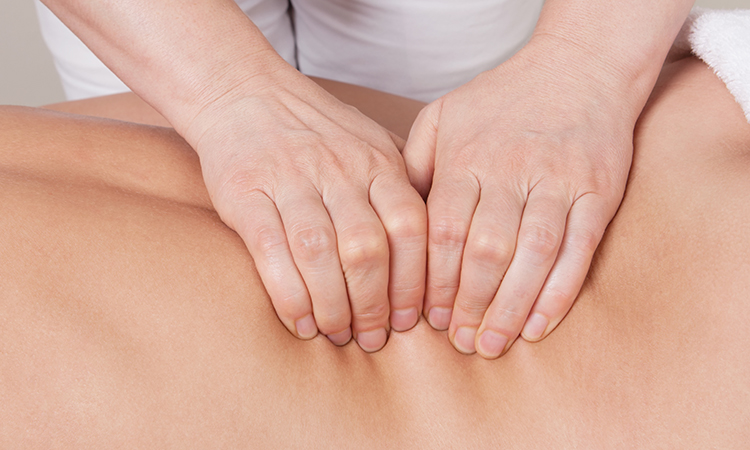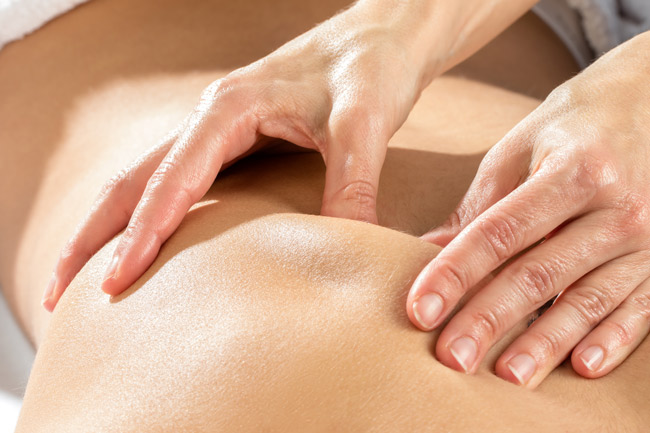
Deep Tissue Massage
This form of massage therapy is most suited to someone who works out regularly, or has sustained an injury playing sports, or has a chronic inflammatory condition.
A deep tissue massage is a massage therapy technique that targets the layer of connective tissue below the muscles. It is typically longer than other massage types, lasting between 75 to 90 minutes.
Most massage therapists recommend people who engage in high-intensity physical activities schedule a deep tissue massage twice a week to keep the muscles healthy.
What Happens During A Deep Tissue Massage
The massage therapist will apply direct controlled pressure using a combination of slow, deep strokes and friction in order to get the muscles to relax completely and allow access to the lower tissue layer. This loosens muscle tension and helps break up scar tissue that forms after an injury.
The main focus of deep tissue massages is on the major muscle groups such as those in the neck and lower back or stress-bearing regions such as the shoulders and hips.
The massage therapist will adjust their hand positions, strokes, pressure and intensity to work the tissues to release tension. As the muscles will be moving during the massage, it can be considered as a form of exercise that also burns calories.


What Should You Do After A Deep Tissue Massage
A little soreness is common after the session. If some areas feel painful afterwards, you can apply ice packs to reduce the discomfort and inflammation. However, a deep tissue massage is not supposed to exceed your pain threshold and if you feel something is wrong, get in touch with your therapist.
What Conditions Does A Deep Tissue Massage Help With
● arthritis
● sciatica
● chronic lower back pain
● tennis elbow
● sports injuries
● fibromyalgia
● plantar fasciitis
● weight loss
● high blood pressure

